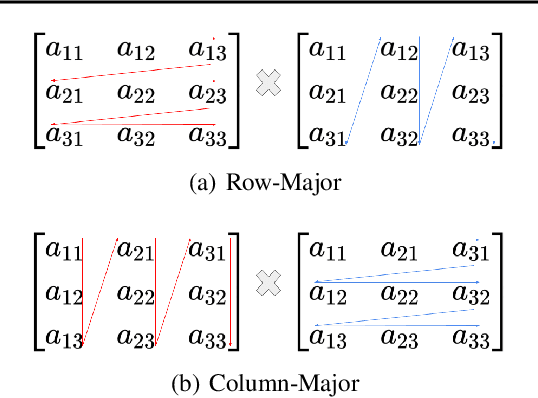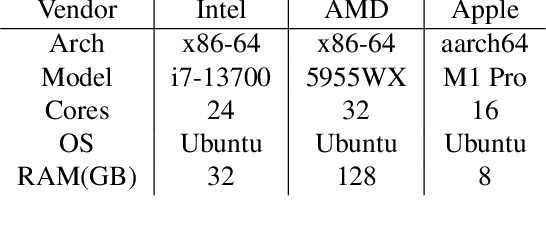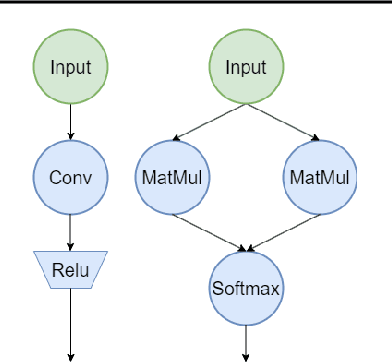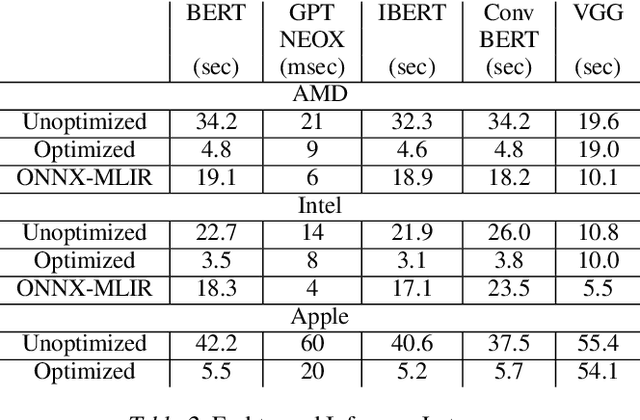FluidML: Fast and Memory Efficient Inference Optimization
Paper and Code
Nov 14, 2024



Machine learning models deployed on edge devices have enabled numerous exciting new applications, such as humanoid robots, AR glasses, and autonomous vehicles. However, the computing resources available on these edge devices are not catching up with the ever-growing number of parameters in these models. As the models become bigger and more complicated, the novel yet sophisticated structure challenges the inference runtime optimization. We present FluidML, a generic runtime memory management and optimization framework that can flexibly transform the model execution blueprint to achieve faster and more memory-efficient inference. Evaluations across different platforms show that FluidML can consistently reduce the end-to-end inference latency by up to 25.38% for popular language models and reduce peak memory usage by up to 41.47%, compared to state-of-the-art approaches. FluidML is of ~30K line of codes, built for general-purpose usage, and will be released as an open-source inference runtime optimization framework to the community.
 Add to Chrome
Add to Chrome Add to Firefox
Add to Firefox Add to Edge
Add to Edge